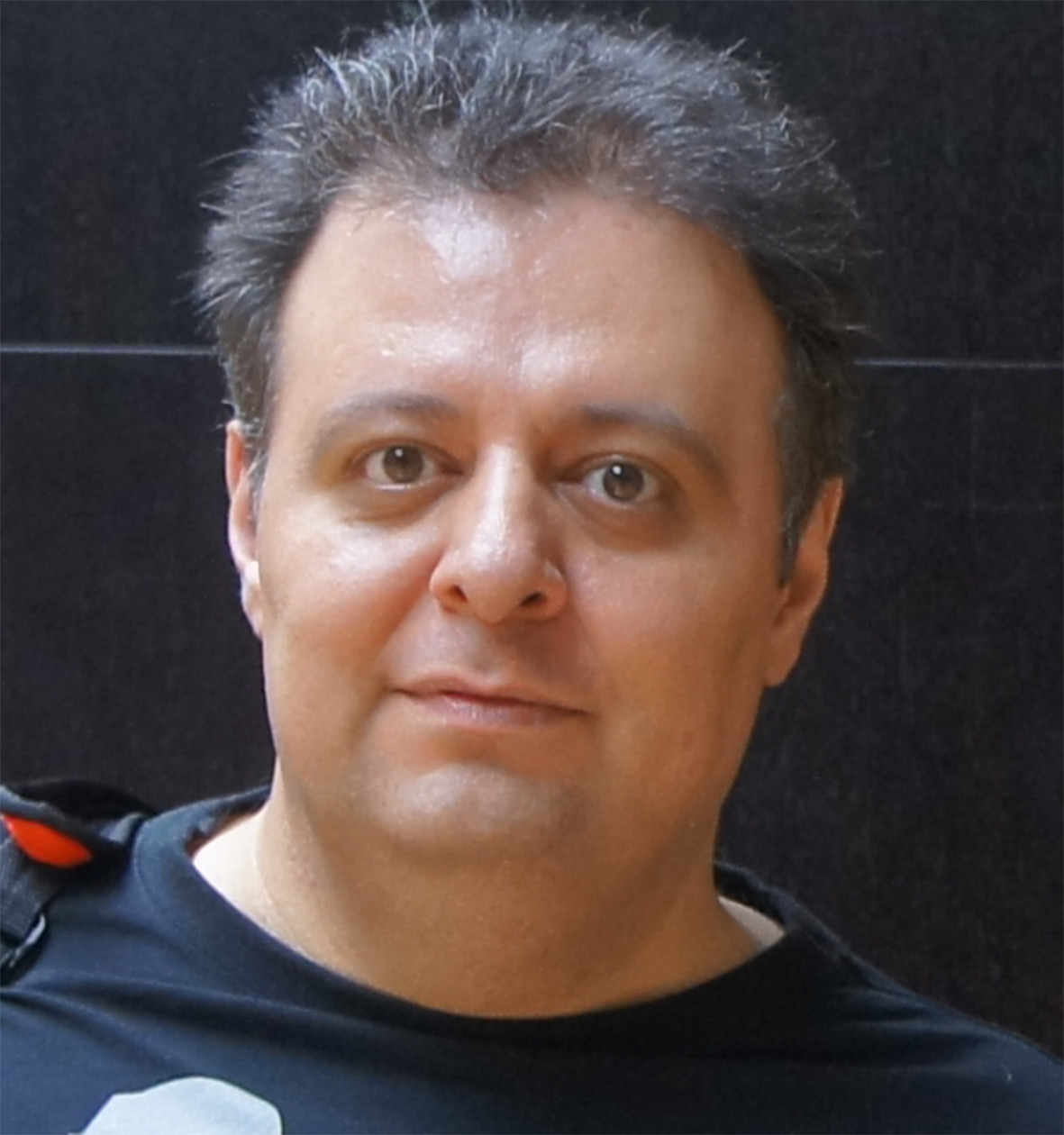THUS SAW GELSOMINA
A different look into the concepts and the narrative outline of LA STRADA
Kamyar Mohsenin
Maybe after the WWII which led to the misery resulted by the discrimination and the cruelty, it was so unexpected to wait to see what Zarthustra would be saying about his ubermensch and his contribution to the humanity. Maybe it was a proper time to see how a candid observer, not a wise man of knowledgeability, would look into the world and the history destructed by superpowers of inhumanity.
After long years, it seems that Federico Fellini has intelligently pursued this kind of observer in LA STRADA through the postwar Europe. Not only in the confrontation of Gelsomina, as the woman simpleminded observer, and Zampano, the superhuman of masculinity, but also in the every incident premised in the film, there are a lot of paradoxical resemblances and similarities between the adventures of Zarathustra and Gelsomina respectively depicted by Nietzsche and Fellini.
If Zarathustra deliberately chooses the way down to the mountain, Gelsomina is chosen and forced to go up the hill and then the mountain. If Zarathustra believes that he is the chosen one to teach the human to rise to an upper stage, Gelsomina is obliged to learn to herald the entrance of a superhuman. This transfiguration of a speaker to an observer gives a way to see the world through the eyes of the speechless victims when the superhuman, made by the preachers of the ideology, begins act as a betraying, killing machine.
Just like Zarathustra, Gelsomina is enchanted by the presence of an acrobat who endangers himself to bring the joy to the people. The acrobat dies, but here not due to an accident on the path he has chosen, but due to what is conceived by the superhuman of will and dignity. The acrobat is named Il Matto – just like a fool in a Shakespeare’s drama who is marginalized since he is the only man talking out of truth and honesty when faced by the icons of power. When he dies, it seems that instead of Zarathustra, Gelsomina is destined to bear the unbearable lightness of his being on her shoulders all through the way.
Just as Zarathustra was advised by a priest, Gelsomina is asked by two nuns to stay far from the outside world and live in peace and just like him, she does not accept to live outside the world of the reality.
Interestingly both of them are neglected by the people, but they both teach them to undergo a different experience. The fist one teaches words of wisdom to turn a human into a sueprman; and the second one teaches tunes of emotion to breakdown a superman and to turn him into a human.
In the fantasies of both of them, these echoes can be heard – especially when Gelsomina is lost and sees a group passing by, playing a happy tune.
After a great war, LA STRADA shows that there is no way but to learn to be human… there is no way but to rely on sensibility instead of intelligibility.

If Zarathustra believes that he is the chosen one to teach the human to rise to a higher level and Gelsomina is obliged to herald the entrance of a superhuman, we all should learn from her: how to be human, how our intuitive rather than intellectual understanding of what it means to be human will allow us to inherit the earth. The big question is when if not now?
Kamyar, I will watch LA STRADA again with your ideas in mind. It will take me to a new level of appreciating this great movie.
Thank you for your essay.
Thanks for reading it, Sydney. That’s right. It seems now that if there is no way to stop the idea of a superman ruling over the world, everyone would face a disaster bigger than the previous world wars. It’s the time to be human – not just acting like a human…
In the middle of reviewing Noir cinema as a self-teaching project I now can’t resist unbearable lightness of watching La Strada again and again.
Your style is very unique in comparison to other folks I have read stuff
from. Thank you for posting when you’ve got the
opportunity, Guess I’ll just bookmark this web site.
I was able to find good information from your articles.